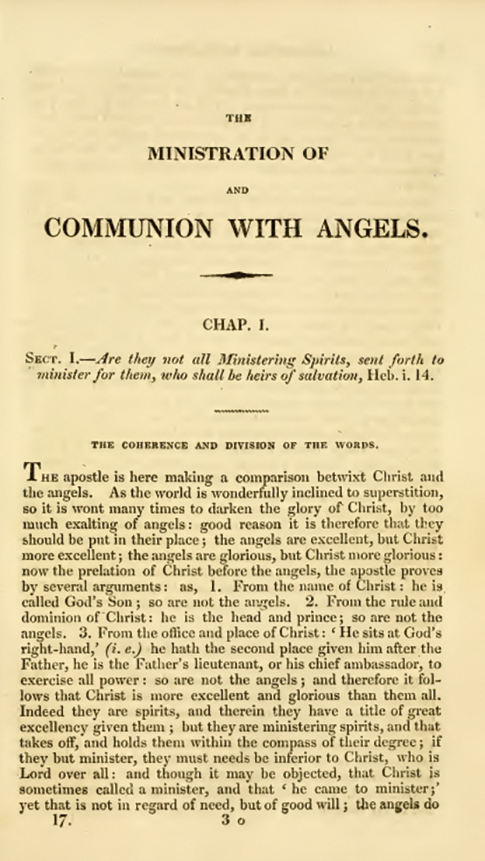Imagine if you meandered to a church website and clicked the tab for beliefs, few churches, if any, would have a doctrinal statement on angels. It’s easy to regard angelology with a little bit of suspicion, or dismiss it as useless speculation. After all, how many angels can dance on the head of a pin? However, the catechetical instruction found in the Westminster Larger Catechismdoesn’t hesitate to teach biblical doctrine about angels, including here in Question 16.
Throughout the Catechism, we see the important and appropriate place for angels. For example, previously, angels were included in the teaching on God’s decree (Q. 12–13), and subsequently they will appear in the teachings on providence (Q. 19), the return of Christ (Q. 56), judgment (Q. 88–90), worship (Q. 105), and prayer (Q. 192). But who are these angels that the Bible and the Catechismtake time to instruct us about? That’s where this question is directed.
With ...
